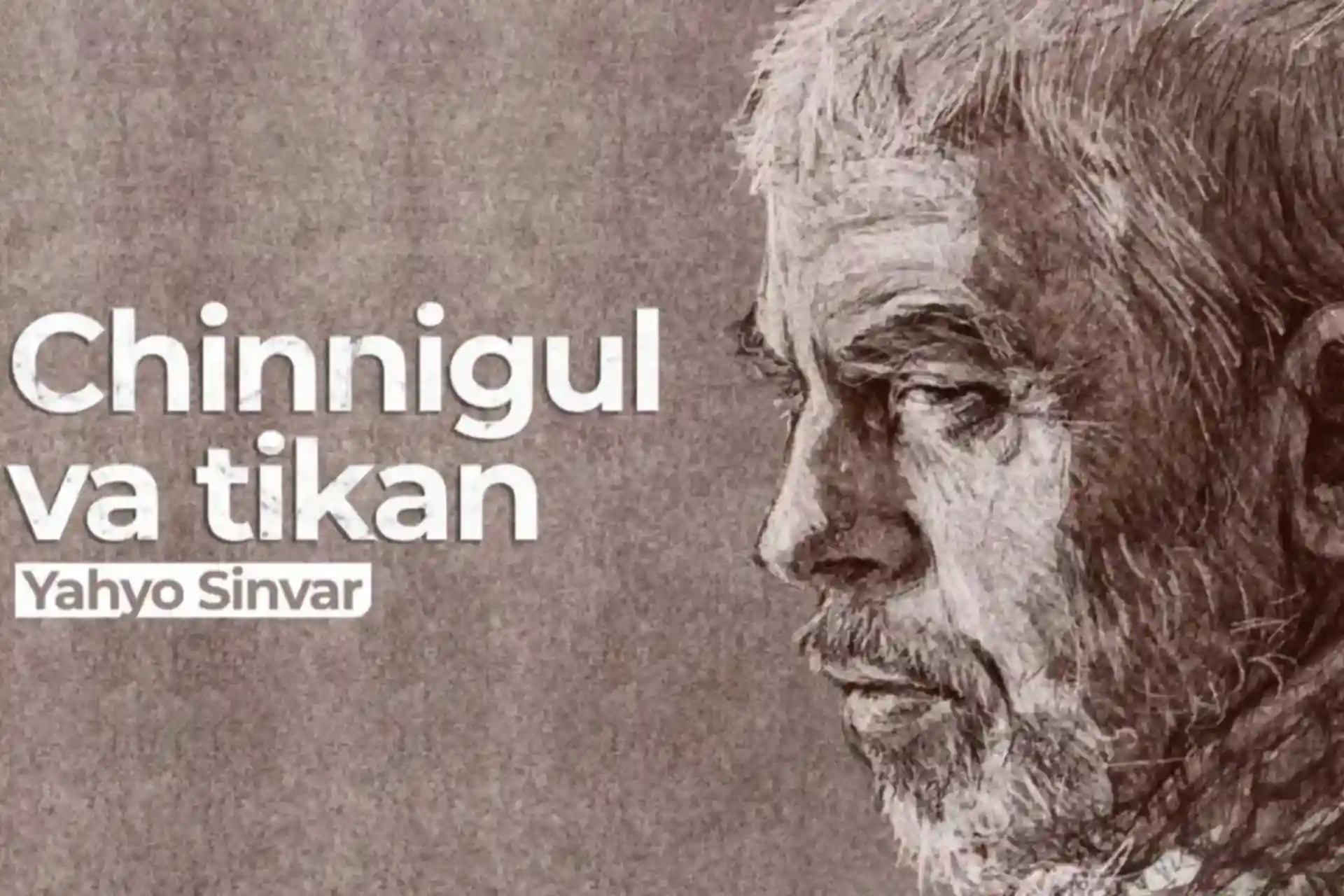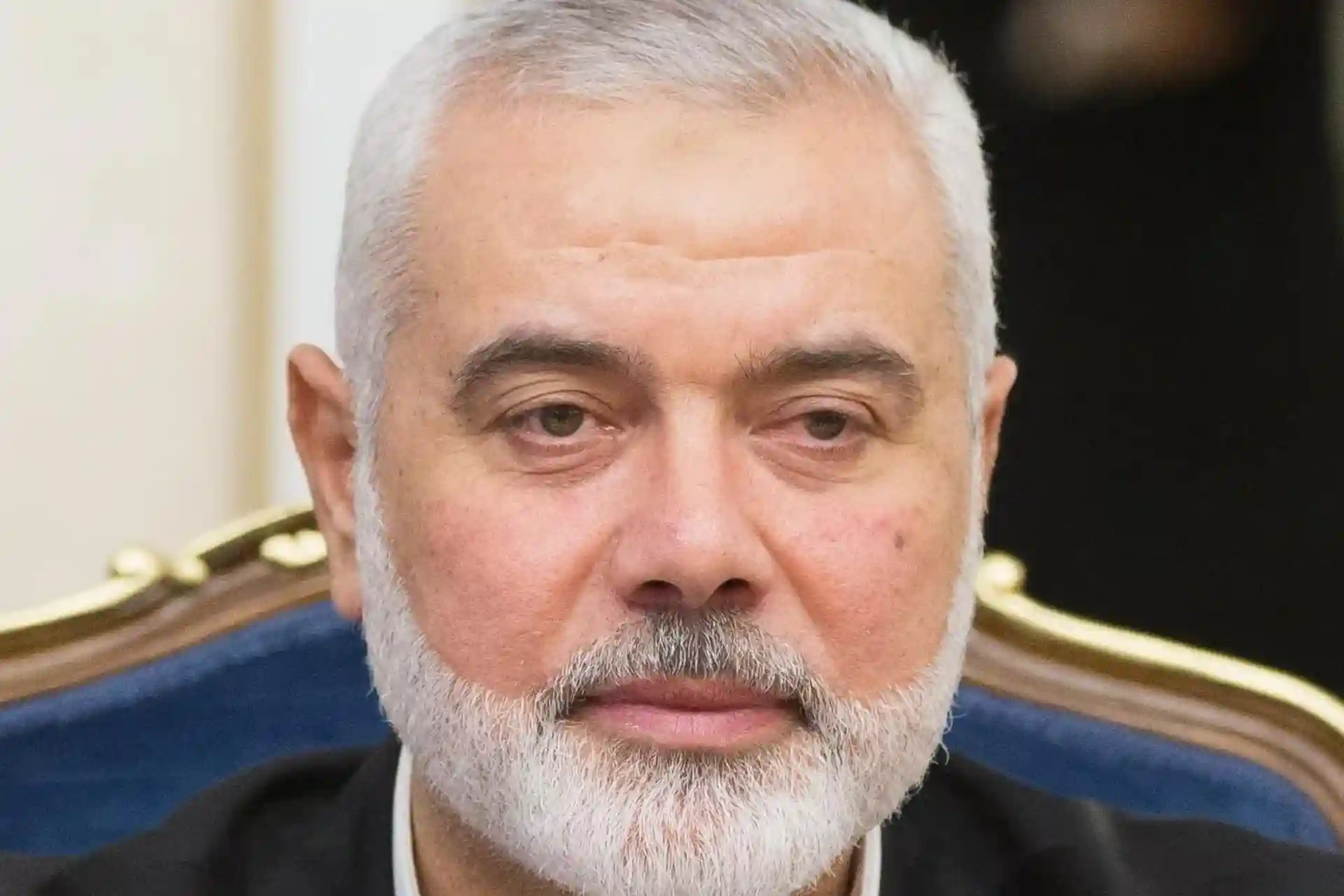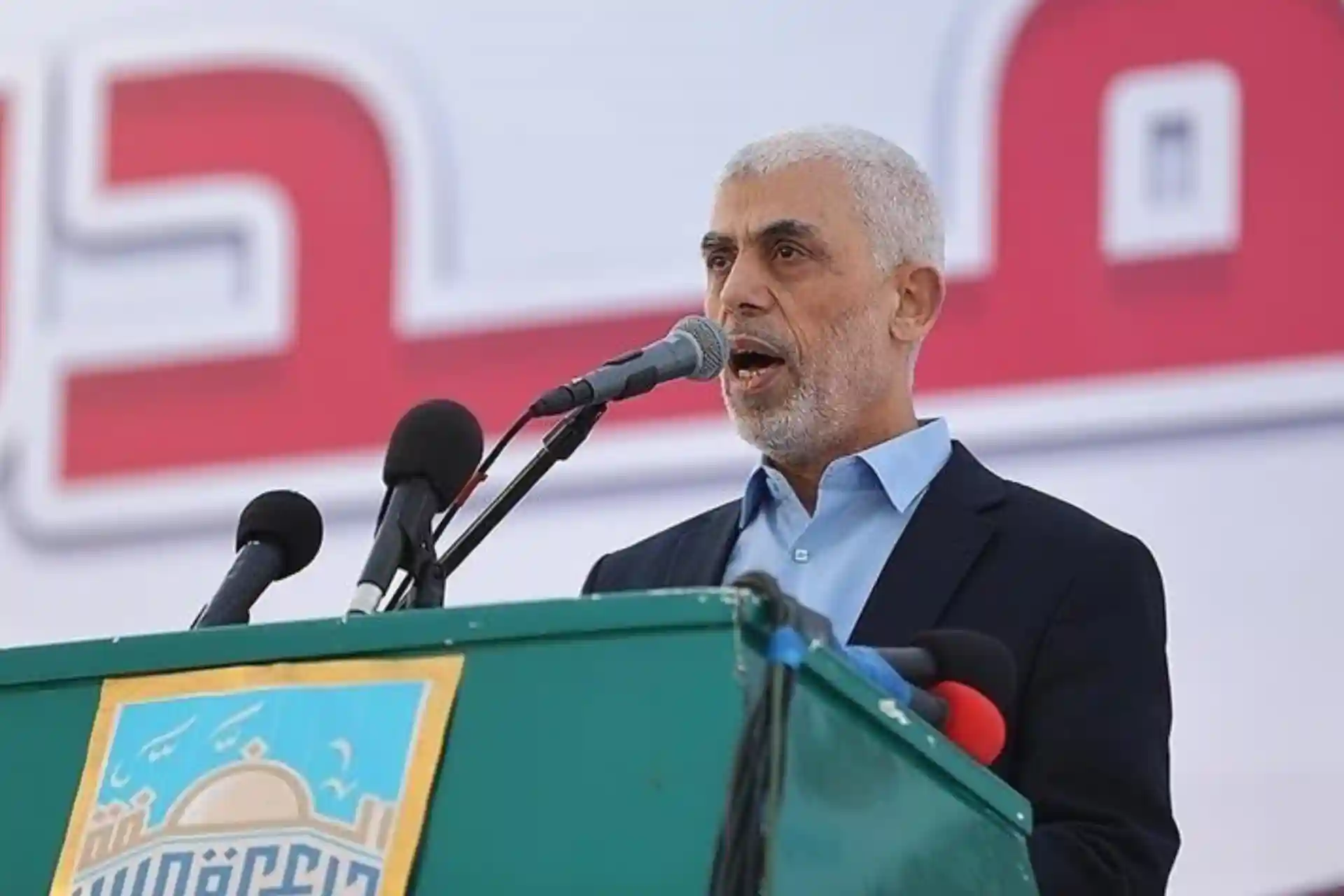26.11.2024 21:30
"Clove and thorn" - Yahya Sinvar (short story, tenth part)
Abdul Fattah was entrusted with the collection of weapons. Because his business would come in handy in this case. Merchandise would be a good case for this. Thus, in a short period of time, organized groups began to engage in small-scale operations, such as throwing grenades at Israeli military vehicles, shooting or sniping at soldiers. Despite being newly organized, they practiced like fighters from other regions that had been established earlier.
In one of these operations, one of the members of this group makes a small mistake and the members of the group are caught. Later, when they were subjected to severe pressure and investigated, some of them confessed their guilt. In this way, speculations from inquiries lead to Abu Ali. At that time, Abu Ali was captured and severely tortured. Abu Ali was a steadfast and determined person, he did not accept even the smallest accusations.
When Abu Ali's case was investigated, the results of the investigation revealed that he was close friends with Abdulfattah, and that the two of them were friends. After that, a group of soldiers came to Abdulfattah's house and searched his house. They overturned their equipment and beat his wife (Aunt Fathiya) with the cloth in her hand. Even the baby in her arms was hit by the blows. After a long search, Abdulfattah was taken to Khalil prison. There they made him face the torment of hell. They were severely tortured. During the investigation, he was asked about Abu Ali, what was his relationship with him. They pretended that Abu Ali had confessed to everything, that there was no more room for denial, and that he was suffering in vain. After being unable to confess anything, Abdulfattah was sentenced to six months of administrative detention. Abu Ali was sentenced to five years in prison based on the statements made by some young men who could not stand the torture.
From here, Abdulfattah's journey to a new world - the prison world began. My aunt used to visit once a month with the baby in her arms.
***
There was only one bus from the village center to Khalil. The road from the center to the prison located in the military camp in Khalil was long and took hours. Outside the prison, hundreds of people can be seen visiting their imprisoned children and relatives. My aunt also went to the women's row, holding her child in one hand and ID card in the other. Due to the large number of queues, until my aunt's turn came, the guards would announce that their working hours were over and they would come the next day. Finally, it was his turn to give his document to the officer standing behind the barred door. The officer would check, register and open the door. Inside, a military woman was inspecting in a condescending, humiliating manner. Afraid to lose her hard-earned chance to meet, my aunt bottled up her anger against the lowly inspector. After the inspection, all the visiting women were gathered in one room, then they were taken through long dimly lit corridors and corridors, and then they were brought into a wall made of wire fences. A prisoner stood in front of each window and looked for his loved ones among the pilgrims. Pilgrims who found their loved ones would rush to those fences, the children would hug their father's neck and talk while crying. Someone had come to see his liver, and his child, who was in merciless shackles, was burning with tears. The voice of the guards shouting "Pilgrimage time is over" to the loved ones who walked a long distance, waited in long queues, turned a blind eye to their humiliating inspections, and passed through the dark corridors without grace, pulled the pilgrims out of their captivity as if pulling a tooth from the gums. The sound of the guards clapping their hands together, signaling the end of the pilgrimage, was actually heartbreaking. The captives were dragged and pulled back, and the pilgrims were pushed out. At this time, all the pilgrims' emotions rose and the noise was raised by their cries. My aunt would hide her tears from the guards, telling her that her husband was right and urging them to be patient. As the guards pushed the pilgrims away, my aunt involuntarily wiped the tears that were falling from her eyes on a corner of her scarf, and the crying people said: "Don't worry, the important thing is to be patient!" Don't think about it, okay? Bye. We are going..." - they said goodbye loudly from afar.
***
In various streets, villages, and camps, new groups were spreading into the devastated lands of the West Bank, taking with them newly acquired or hidden weapons inherited from their forefathers. The young men would settle behind various valleys and highlands and make plans to use the weapons they had brought with them. When the enemy appeared, despite the fact that their weapons were simple and few, and besides, they had no combat experience, they were ready to fight and stood now. The reason is that they were boiling like boiling water in a cauldron.
At that shop, where Abdulfattah and Abu Ali were having tea with a group of merchants, the businessmen were sitting and talking again. They were talking with Abdul Fattah about the arrest of Abu Ali and how they spent their young lives. Some said that they should not fight, while others said that they had suspected the two of them before. Another praised them, saying that their arrest would show that they were honest and impartial in what they had done. Another one was that if Abdulfattah had done his business quietly, he would have earned three Israeli lira a day, and instead of spending so much time in prison, he would have earned more than 500 lira.
Because of the militancy opposing Israel, the economic situation of many was very bad. Using this as an excuse, they argued that many workers were needed to build a new city in the occupied territory. It was understood that he wanted to extend a helping hand to the Palestinians who suffered from this.
After a thorough investigation of the situation in terms of security, a permit was issued to go to the occupied lands and work. In 1948, people began to apply for work in the occupied lands. This has created strong conflicts among the Palestinians.
***
Elders began to gather in the meeting room behind our yard. Despite the fact that my grandfather was getting old and had been ill for the last few days, he regularly came to the meeting and participated in the discussion of events. We went out this time as well. People are divided on the new topic. Some strongly objected, saying that we should not contribute to strengthening the foundations of our murderous enemy and making him stronger against us. Some people considered going there to work as a form of treason. As an alternative, someone would say that Israel is on its feet, and that Israel will not fall apart if a few hundred or thousand people do not go and work. According to them, this issue should be approached only from one point of view - it is necessary to take into account the existence of families who need a bite to eat and milk for their baby. Although it was difficult and painful, they understood that the approval of moving to Israel to work also means using the people.
It was considered more profitable to go and work in Israel than Khalil in the meeting of Choikhor merchants. Because they were more interested in numbers. In any case, it was considered that the door of great opportunity was opened, and it was a great opportunity for economic development. On the contrary, the warriors considered it a crime. After collecting information about those who received a work permit, explaining that it was dangerous, they tore up their documents, slapped them a couple of times on those who were not involved, and made them lose consciousness. Or even if they spoke more harshly, they would turn them away.
One of those who got a work permit pleaded that he had eight children and that he could not go to work because the aid provided by charity funds was not enough for them. One of the militants, who could not explain the consequences of this, teared up the permit with tears in his eyes.
The seventh season
A few weeks before my brother Mahmoud's final exams, a state of emergency was introduced in our house. Whenever one of us raised our voice, my mother shouted, "Mahmoud has a final exam, please calm down a little." When we played the usual game of wrestling, either one of us would drop something from our hand, or one of us would shake our ear even if we jokingly waved it at the other, or we would get lucky from a slap. My mother's pain was only for my brother Mahmoud to successfully pass the exams.
If we wanted to touch my mother's pussy to one of us, we would turn our faces and make funny faces at that one. Most of the time, my sister couldn't control herself and burst out laughing. No matter how hard we tried to suppress ourselves, we would laugh involuntarily, and we would get our share from my mother, who did not know why we were laughing.
While we finished our annual exams, my brother Mahmoud's final exams were delayed by a month. This meant that even though we had completed our exams, the state of emergency would continue. Thus, we waited longer for my brother Mahmoud's exams to end than for the end of the Israeli invasion. And finally, when he came back from school after finishing his last exam, we welcomed him with a big ceremony. We scattered what we won for two months. Our house was filled with shouting and laughter. All my brothers and sisters and I closed in on my brother Mahmoud, and we suffered for two months by beating him. At first, my mother thought that they were really fighting and asked, "What are you doing? Do it!" - he shouted, but it was useless. In the end, he couldn't hide the fact that he laughed too, my mother. Then, together with my brother Mahmoud, we all attacked my mother, one of us kissed her hands, one of her feet, and one of us kissed her forehead. If it was my mother, she would try to run away from us, and we would chase after her, catch her and hug her again. Although they tried to hide their laughter by covering their mouths with their hands, they could not hide the sounds of laughter from our ears, who grew up listening to them all.
The exam results were successful for all of us, except my cousin Hasan, who was studying in the 9th grade, failed the exam. Now we just have to wait for the results of my brother Mahmoud, who has been under strict supervision for two months. On the day of its final result, a more serious state of emergency was declared. We were all waiting to see what news my brother Mahmoud would bring. My brother, who had been waiting all day, rushed through the gate, unable to contain his joy. The first thing he said when he entered was: "Mom! 92 percent!" - it has been. My mother celebrated by playing the music, and we celebrated the fruit of our two months' labor by beating and torturing my brother.
There is a translation by Ma'mur Mukhtar and a sequel



